 Former IDF Chief Rabbi Brigadier-General (retired) Rabbi Avichai Ronsky is quoted in Makor Rishon stating that he warned the ISA (Israel Security Agency – Shin Bet) prior to the 1995 assassination of Yitzchak Rabin, explaining to the security agency that “the writing is on the wall”.
Former IDF Chief Rabbi Brigadier-General (retired) Rabbi Avichai Ronsky is quoted in Makor Rishon stating that he warned the ISA (Israel Security Agency – Shin Bet) prior to the 1995 assassination of Yitzchak Rabin, explaining to the security agency that “the writing is on the wall”.
According to the report, Ronsky met with Yuval Diskin, warning him of an impending murder. He warned against the likelihood of violence emanating from the religious community.
A memorial even marking the yahrzeit of the late prime minister was held last week in the יקר Shul in Ramat Gan in the presence of the city’s chief rabbi, HaGaon HaRav Yaakov Ariel Shlita and the former IDF chief rabbi, Rav Ronsky. The event was held at the same time as the memorial rally in Rabin Square, with the shul event organized by the נאמני תורה ועבודה organization.
Ronsky told participants that on that motzei shabbos in 1995, when he heard that Prime Minister Yitzchak Rabin had been assassinated, he said “I knew it!”
Ronsky, who serves as mora d’atra of Yishuv Itamar admits that for him, it was most difficult listening to Rabin speaking on the radio for the late prime minister referred to residents of yishuvim as “propellers” along with other derogatory labels. He explained that when government ministers and officials were in the area of their community during the Rabin administration there was a ban against meeting with them as the government was viewed as hostile towards the yishuvim.
Ronsky explained that prior to the assassination he met with Yuval Diskin, who was a senior officer in the Shin Bet at the time, someone he befriended when they served together in the IDF’s elite Sayeret Shaked unit, warning him someone was going to try to harm the prime minister. “I told him the writing is on the wall. Something must be done. We cannot continue like this for someone is going to strike out against a senior government official. That is why I said ‘I knew it’ upon hearing of the assassination,” the rav told participants in the shul event.
He explains that he has lived in Itamar for over 30 years, now a grandfather, expressing his pride in their dati leumi hashkafa, the love for Eretz Yisrael and the national pride exhibited by the tzibur, but added at that time, there was a need for a cheshbon nefesh and his call for introspection led to his waning popularity.
“This is characterized by things we should never do. If a rav, talmid chacham or a friend in our area justifies taking a bag of olives harvested by an Arab, and I entered into a halachic debate with him on the matter but we did not reach agreement. This kind of act ultimately leads to those who believe we can strike out against our own soldiers.”
Ronsky cited the example of the vandalism attack in the Ephraim Battalion Command, stating after the incident he spoke with a number of commanders, friends of his, and they felt as if they were stationed close to Balata, the PA refugee camp in Shechem and not near a Jewish community. He decries these acts of violence which he feels are contrary to Halacha, adding he too has been a victim of such violence because he did not hesitate to reprimand those who feel such actions are acceptable.
Rabbi Ronsky feels the lesson that the dati leumi tzibur must learn from the Rabin assassination, and this includes public officials and rabbonim, is they must not fear coming out and speaking against violence in no uncertain terms.
(YWN – Israel Desk, Jerusalem)

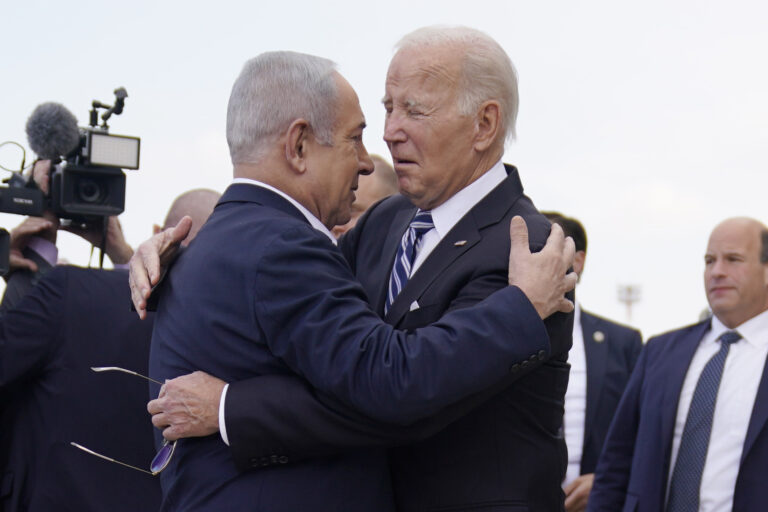

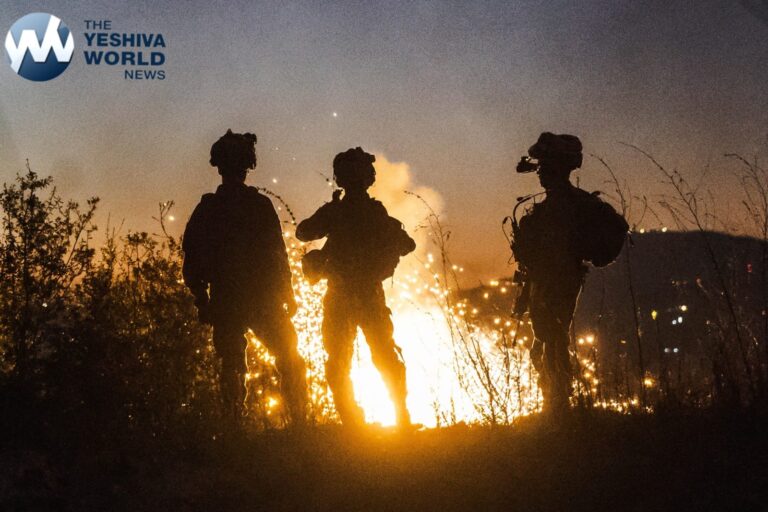

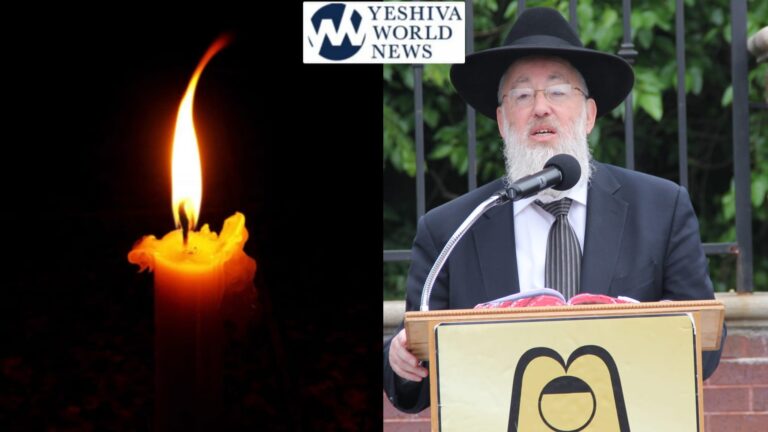
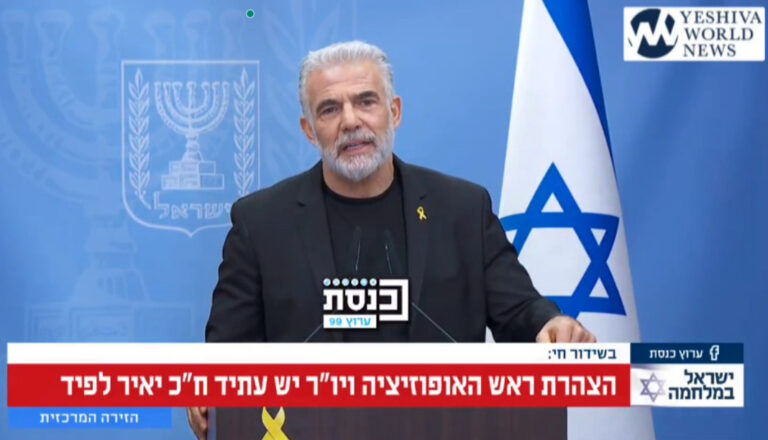
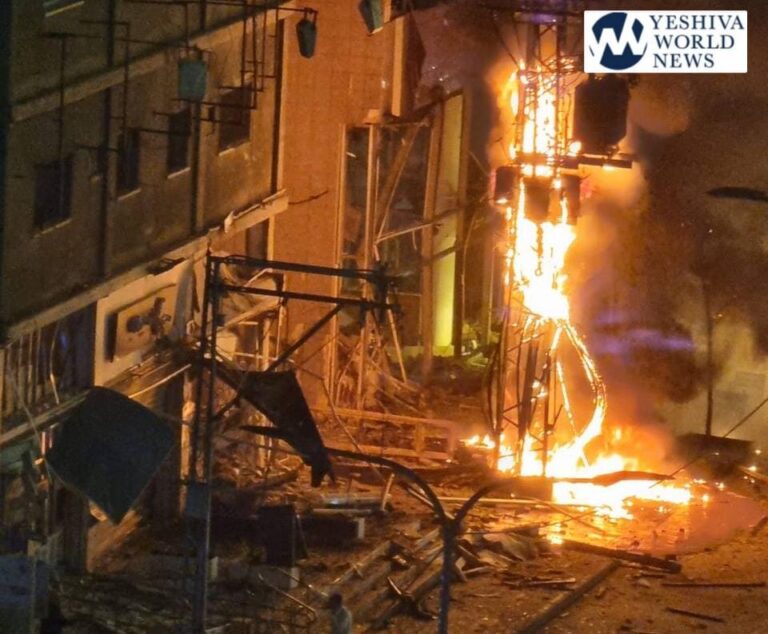
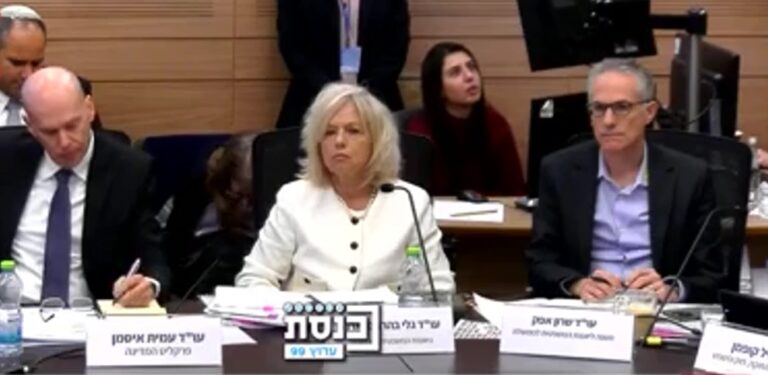
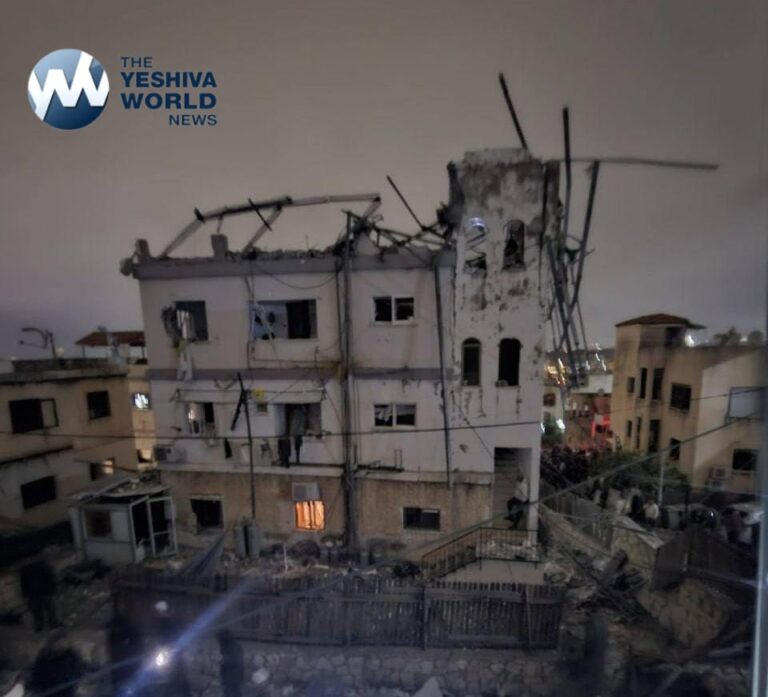

One Response
The lesson for the “dati” leumi tzibur is to renounce the kochi veotzem yadi way of thinking that led to what happened.